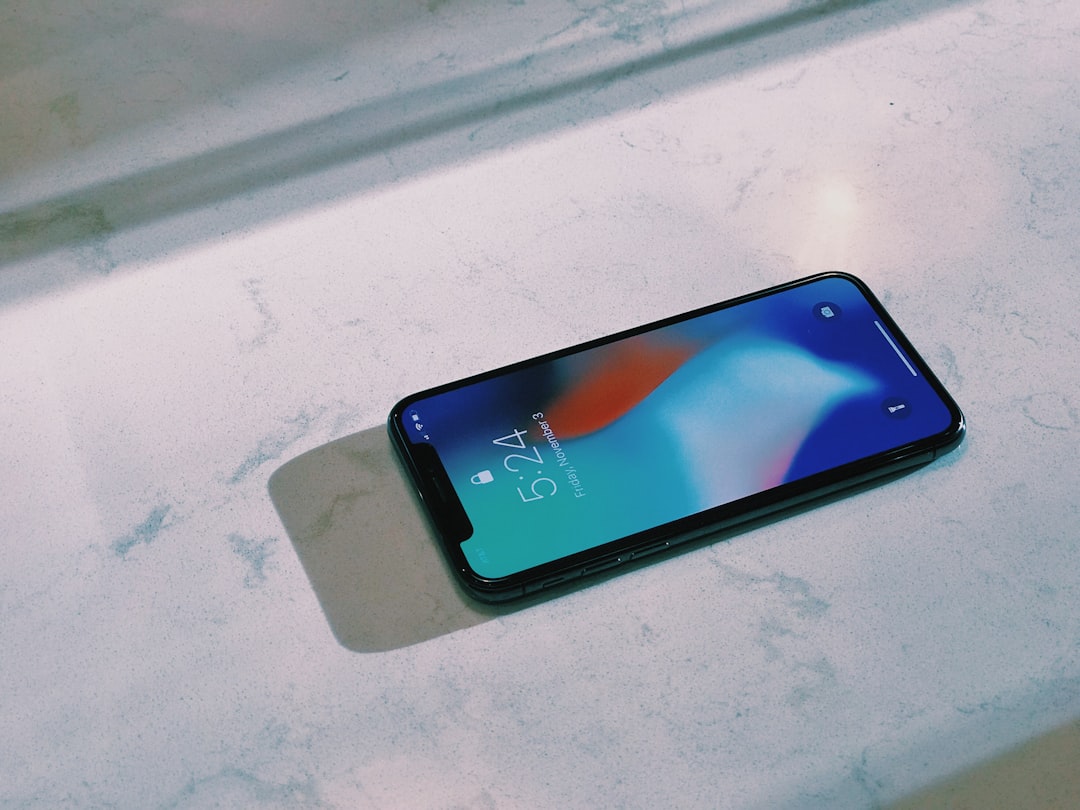The Federal Communications Commission (FCC) plays a vital role in protecting West Virginia residents from intrusive robocalls by enforcing regulations and offering opt-out mechanisms. With a surge in complaints, the FCC limits automated dialers and holds telemarketers accountable, creating a peaceful communication environment. In West Virginia, state and federal laws, including FCC guidelines, regulate telemarketing to prevent deceptive calls. Consulting with a reputable Robocall Lawyer West Virginia from specialized law firms ensures compliance, avoids penalties, and provides legal protection against unauthorized robocalls.
In the digital age, West Virginia residents are increasingly plagued by unwanted telemarketing calls, known as robocalls. The Federal Communications Commission (FCC) plays a pivotal role in regulating these calls to protect consumers. This article delves into the FCC’s mandate, West Virginia’s legal perspective on telemarketing, navigating call restrictions, and the consequences of violations. It also explores consumer rights and resources available through robocall lawyers in West Virginia, empowering residents to combat harassment effectively. For those seeking legal counsel, top-rated robocall attorneys and law firms in West Virginia offer specialized support.
The FCC's Mandate: Protecting Consumers from Unwanted Calls
The Federal Communications Commission (FCC) plays a pivotal role in safeguarding consumers from intrusive and unwanted telemarketing practices, particularly the prevalent issue of robocalls. As one of the primary regulators in the communication sector, the FCC’s mandate extends to ensuring that citizens’ privacy is respected and their rights as consumers are protected. In West Virginia, where many residents face an increasing number of automated calls, the FCC’s intervention is more critical than ever.
Robocall lawyers and attorneys in West Virginia, along with law firms specializing in this area, have noted a rise in complaints related to these unwanted calls. The FCC has implemented rules and guidelines to combat this issue, primarily focusing on limiting the use of automated dialers and providing consumers with mechanisms to opt-out of receiving such calls. By holding telemarketers accountable and offering legal recourse to affected individuals, the FCC aims to create a more peaceful and less disruptive communication environment for West Virginia residents.
Telemarketing Regulations in West Virginia: A Legal Perspective
In West Virginia, telemarketing regulations are governed by both state and federal laws, with the Federal Communications Commission (FCC) playing a pivotal role in protecting consumers from unwanted or deceptive calls, often referred to as robocalls. The FCC’s rules aim to balance businesses’ ability to reach customers with individuals’ right to privacy. One key regulation is the Do-Not-Call (DNC) list, which allows residents to opt-out of receiving marketing calls. Violations of these rules can result in significant fines for telemarketers and their lawyers.
For West Virginians facing relentless robocalls, seeking legal counsel from a specialized robocall lawyer or robocall attorney in the state is advisable. Reputable robocall law firms in WV are equipped to navigate these complex regulations, ensuring compliance for businesses while providing recourse for individuals who’ve been harassed by unwanted calls. These attorneys can help clarify rights and responsibilities, offering guidance on how to file complaints effectively with both state and federal authorities.
Navigating the Rules: Permitted vs. Prohibited Robocalls
In West Virginia, navigating the rules surrounding telemarketing calls can be complex, especially with the prevalence of automated or robocalls. The Federal Communications Commission (FCC) plays a pivotal role in regulating these calls to protect consumers. According to FCC guidelines, certain types of robocalls are permitted, while others are strictly prohibited. For instance, marketing calls that use prerecorded messages fall under the category of “robocalls” and are subject to specific rules. These include restrictions on when such calls can be made (e.g., before 8 a.m. or after 9 p.m.), requiring prior express consent from recipients, and providing an opt-out mechanism in each call.
Robocall lawyers in West Virginia can guide individuals and businesses on adhering to these regulations. They ensure that telemarketing campaigns comply with FCC laws to avoid penalties and legal issues. If you’re a resident of West Virginia and have experienced unwanted or unlawful robocalls, consulting with a robocall attorney from a reputable law firm specializing in telecommunications law is recommended. These experts can offer tailored advice and representation if any violations or misunderstandings occur.
Enforcement and Penalties: What Happens If You Violate the Laws?
If you’re a business or individual found guilty of violating telemarketing laws in West Virginia, the consequences can be severe. The Federal Communications Commission (FCC) takes such violations seriously, as they often involve intrusive and unwanted robocalls. Penalties for FCC infractions include substantial fines that can reach up to $100,000 per day for each violation. These fines are intended to deter companies from engaging in deceptive or illegal telemarketing practices.
In addition to financial penalties, violators may face legal action brought by affected consumers or robocall lawyer West Virginia. Many individuals seek compensation for emotional distress and privacy invasion caused by these calls. Therefore, it’s crucial for businesses to ensure compliance with FCC regulations to protect themselves from both regulatory fines and private lawsuits. Engaging the services of a reputable robocall attorney West Virginia can help companies navigate these complex laws and avoid potential legal pitfalls.
Consumer Rights and Resources: Fighting Back Against Robocall Harassment
In West Virginia, consumers have a powerful ally in their fight against robocall harassment thanks to the Federal Communications Commission (FCC). The FCC’s regulations and consumer rights offer significant protections against unwanted telemarketing calls, especially those using automated dialing systems or prerecorded messages, commonly known as robocalls. A Robocall Lawyer West Virginia, or a dedicated robocall attorney in West Virginia from a reputable law firm, can guide consumers on how to exercise these rights effectively.
West Virginians have the legal standing to report excessive or fraudulent robocalls and seek compensation for any financial loss incurred. The FCC provides resources and tools, such as Do Not Call registries, to help curb unwanted calls. Consumers can also take proactive measures like blocking numbers, using call-blocking apps, or enrolling in the National Do Not Call Registry. With the assistance of a robocall law firm West Virginia, individuals can explore legal options if their rights have been violated, including suing telemarketers for damages and obtaining monetary relief through class-action lawsuits.






